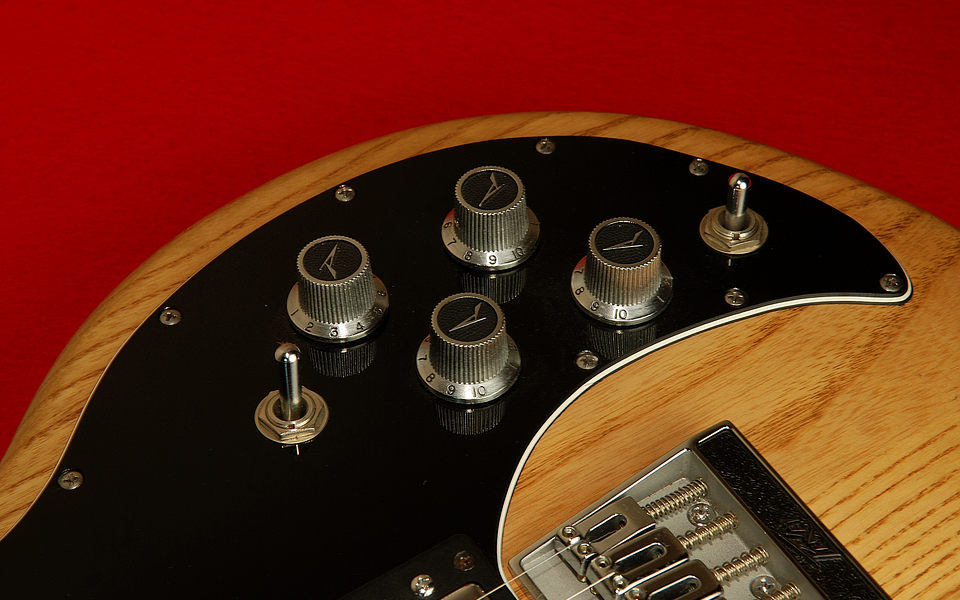Master the Basics: A Guitar Beginner’s Guide to Playing in a Group
Master the Basics: A Guitar Beginner’s Guide to Playing in a Group
When you first pick up a guitar and start learning how to play, it can be an exciting and rewarding experience. However, as you progress in your skills, you may find yourself wanting to play with others in a group setting. Playing in a group can be a fun and fulfilling way to make music, but it also requires some specific skills and knowledge to be successful. In this guide, we will walk you through the basics of playing guitar in a group, from understanding your role in the band to tips for playing well with others.
Understanding Your Role in the Band
Before you can effectively play in a group, it’s important to understand your role as a guitarist. In most bands, the guitarist’s role is to provide rhythm and harmony to the music. This means playing chords and melodies that complement the other instruments in the group. It’s important to listen closely to the other musicians in the band and adjust your playing accordingly. Your goal should be to support the overall sound of the band and enhance the music with your guitar playing.
Communication is Key
One of the most important skills for playing in a group is communication. Before you start playing with others, it’s crucial to establish clear communication with your bandmates. This includes discussing things like song choice, arrangements, and performance expectations. During rehearsals and performances, make sure to communicate with your bandmates using verbal cues or signals to stay in sync and play together seamlessly.
Practice, Practice, Practice
As a guitarist, practice is essential to mastering your instrument and playing well in a group. Set aside regular time to practice your guitar skills, including scales, chords, and songs you’ll be playing with the band. Practice with a metronome to improve your sense of timing and rhythm, which is essential for playing in a group. Additionally, rehearse with your bandmates to work on playing together and developing a cohesive sound as a group.
Listen and Adapt
When playing in a group, it’s important to listen closely to the other musicians and adapt your playing accordingly. Pay attention to the dynamics and energy of the music, and adjust your volume and playing style to fit the overall sound of the band. Be willing to make changes to your playing to enhance the music and create a cohesive sound with your bandmates.
Find Your Groove
Playing in a group requires a good sense of timing and rhythm. As a guitarist, your role is to provide the backbone of the music with your rhythm playing. Practice playing along with a metronome or drum track to improve your timing and develop a solid sense of groove. Experiment with different strumming patterns and techniques to find the groove that best fits the music and enhances the overall sound of the band.
Tips for Playing Well with Others
Here are some additional tips for playing well with others in a group setting:
1. Stay in tune: Make sure your guitar is properly tuned before rehearsals and performances to ensure you’re playing in key with the rest of the band.
2. Be supportive: Listen to the other musicians in the band and be supportive of their playing. Offer constructive feedback and encouragement to help everyone improve and play well together.
3. Be open to feedback: Be willing to receive feedback from your bandmates and make adjustments to your playing as needed. Collaboration and communication are key to a successful group dynamic.
4. Have fun: Playing music with others should be a fun and enjoyable experience. Let loose, express yourself, and have a good time making music with your bandmates.
In conclusion, playing guitar in a group can be a challenging yet rewarding experience for beginners. By mastering the basics and developing good communication and listening skills, you can become a valuable member of a band and create music that is greater than the sum of its parts. Remember to practice regularly, listen and adapt to your bandmates, and have fun making music together. With dedication and hard work, you can become a skilled guitarist who thrives in a group setting.






